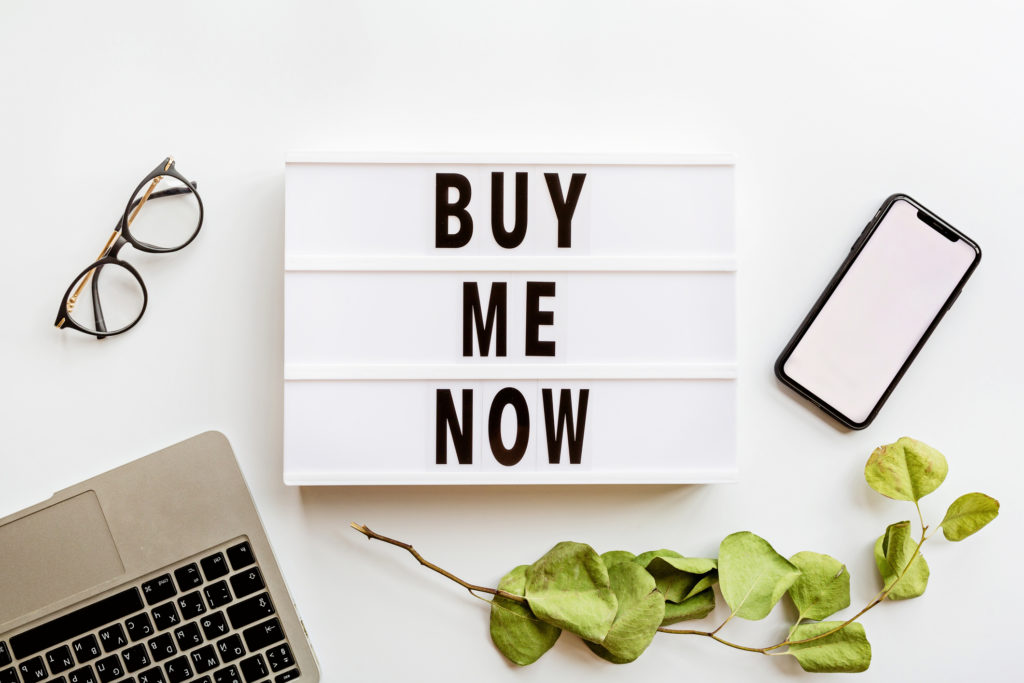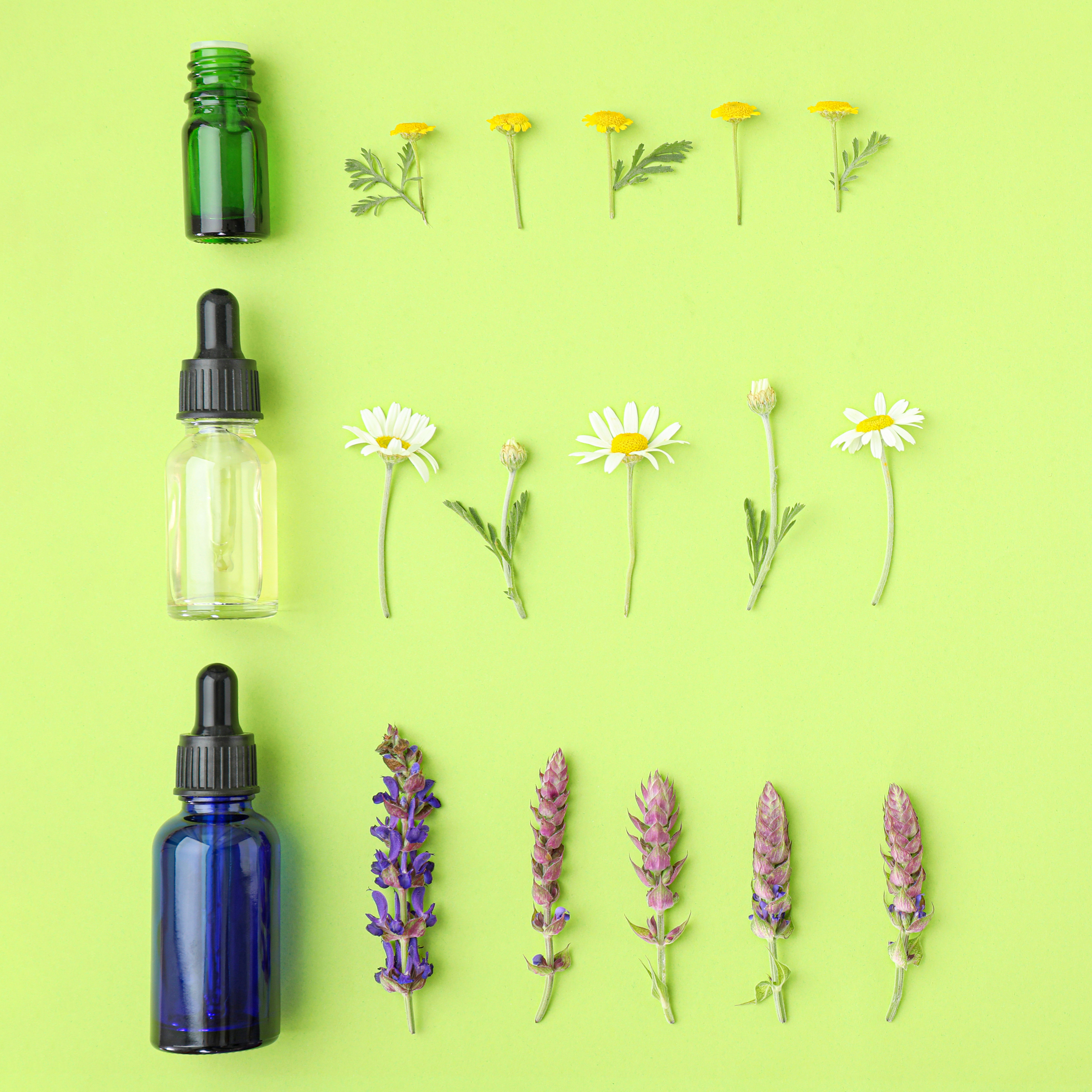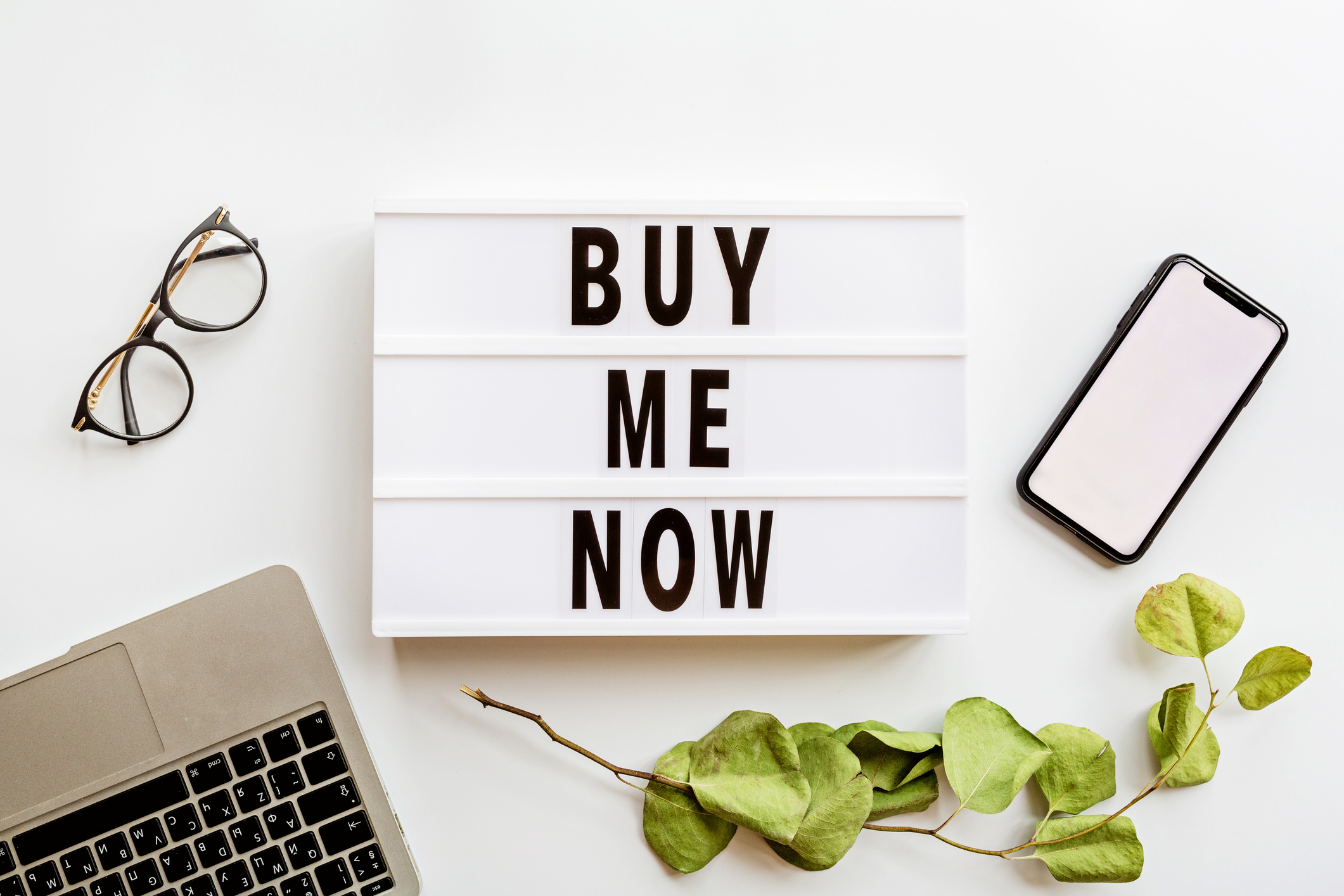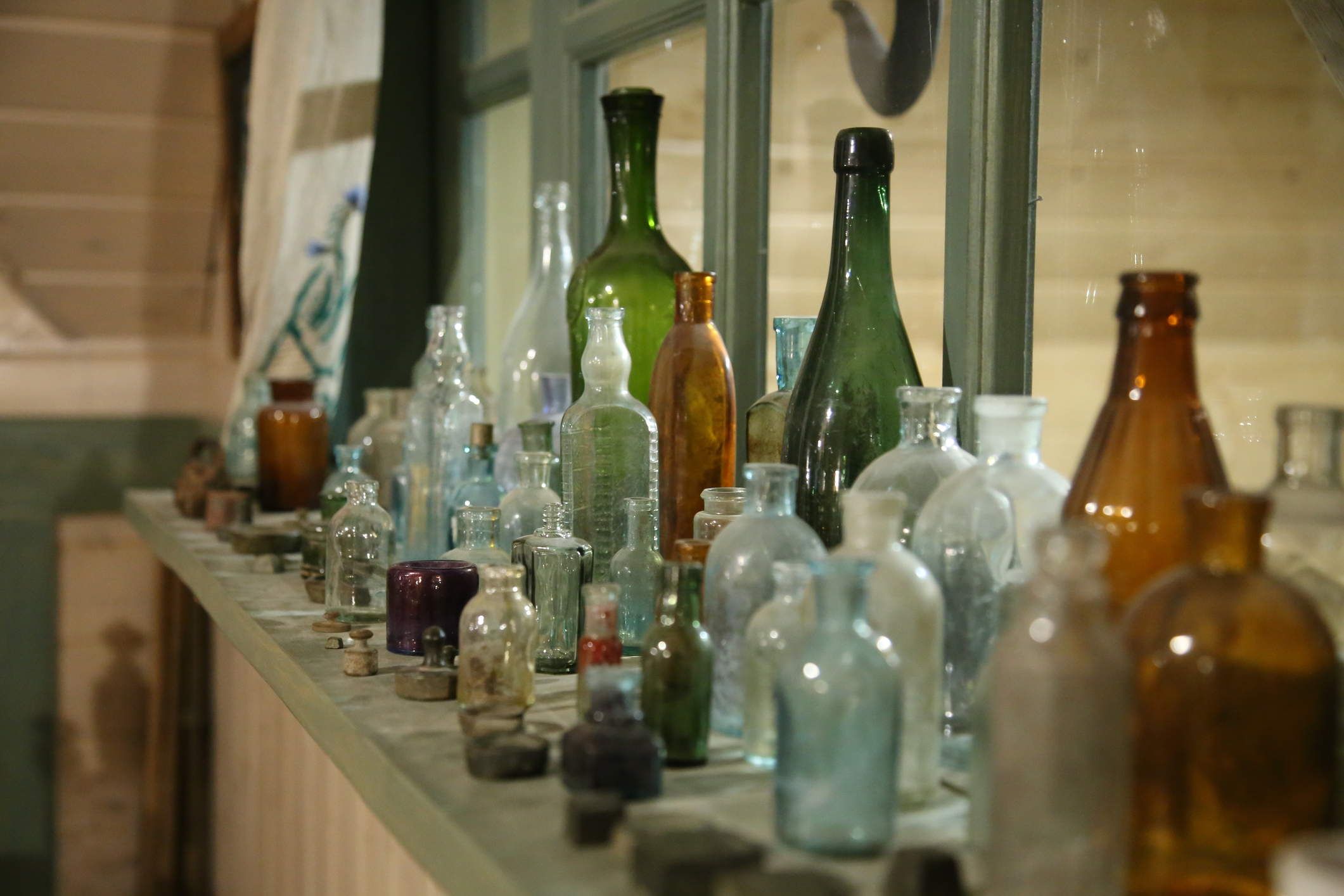It’s been quite some time since we asked Natalie Miller, an incredible aromatherapy professional and a great and gracious woman, to share her thoughts on the phenomenon of collecting essential oils. Between then and now, a lot of time has passed, and everything has changed. The whole world is impacted by a pandemic, this reverberates in the essential oil supply chains, and it is perhaps even more important to be mindful in our consumption. Rather than rewriting the post, we are publishing it unaltered. We hope you find it insightful!
Sales season has been and gone – we’ve had post-Halloween, post-Thanksgiving, post-Christmas, post-New Year and post-Valentine’s day sales. Our inboxes and social media feeds are overrun by endless opportunities to purchase essential oil bargains. The essential oil sellers are driving the market – not just with essential oils, but with an infinity of blends that will fix every ill. In the essential world, the biggest earners are not the farmers, the distillers, the aromatherapists or the educators. The big bucks are in selling essential oils – at least for some.
All of which, got me thinking about our essential oil wants and needs.
- Have you ever been caught up in the excitement of an essential oil sale?
- Have you viewed images of other people’s essential oil collections, and said to yourself “I want all those oils too”?
- Have you ever purchased a new essential oil, only to discover you don’t like the smell?
- Have you purchased an essential oil not knowing anything about it, but bought it because everyone else seems to have it?
- Do you have essential oils sitting in your collection unused because you don’t know what to do with them or how to use them?
If you answered yes to any of these questions, trust me, you are not alone! I love a bargain as much as the next person, but I’ve started being more conscious about my purchases for a variety of reasons.
Do we need them, or do we want them?
With the growth in popularity of essential oils, we are seeing more people share the power of them, and share their collections. This creates envy in some of us, we crave to have all the oils just like the people we see online. The need to “own all the oils” seems to supersede the need to learn about them.
 Wendy Robbins points out that essential oils are not collectibles – they are healing tools that should be utilized when needed, not something we should hoard, because essential oils do not keep well. If an oil is sitting in your personal apothecary unused, it can start to deteriorate. Yes, Patchouli oil will improve in aroma over time, but most essential oils, due to their chemistry, will deteriorate – making them unusable for therapeutic purposes. This class from Robert Tisserand elaborates on how to best protect your oils from oxidation, what to do once they have oxidized, and how oxidation impacts safety.
Wendy Robbins points out that essential oils are not collectibles – they are healing tools that should be utilized when needed, not something we should hoard, because essential oils do not keep well. If an oil is sitting in your personal apothecary unused, it can start to deteriorate. Yes, Patchouli oil will improve in aroma over time, but most essential oils, due to their chemistry, will deteriorate – making them unusable for therapeutic purposes. This class from Robert Tisserand elaborates on how to best protect your oils from oxidation, what to do once they have oxidized, and how oxidation impacts safety.
So I’m suggesting we could be more mindful in our essential oil purchases. I’m not aiming to discourage you from buying essential oils, far from it. I do understand the fascination of discovering new essential oils – how they smell, what they blend with. I want you to buy the oils you need, the ones you will use, the ones you have studied, but I’m suggesting you can do this in baby steps, learning as you go. This is about clarifying your relationship with aromatherapy and essential oils, and not contracting out your decision-making to the next email that arrives with 10 exclamation points, or the next social media meme highlighting why you need these 5 oils today.
Time and time again I see people saying, in an essential oil group on Facebook: “I have these (30-40) oils and don’t know what to do with them. Suggestions?” or “I purchased Oil A and I don’t know how to use it” or “I purchased Oil Z and I hate the smell”. Statements like these always generate a plethora of responses, some of which contain misinformation. When I question people as to why they bought the oil in the first place, a common reply is “it was on sale”. Let’s be honest, we all love the thrill of buying something online, waiting with eager anticipation for it to arrive, then unboxing it when it finally does. We take photos of our new arrivals, we share them in our favourite oil groups to show people what we’ve bought, and that we’re building a huge collection of oils. This thrill releases dopamine into our systems, and we enjoy the high that gives us!
Knowledge, likes and dislikes
Let’s unpack this a little further, and take a moment to reflect on what we are doing, why we are doing it, and what are the ramifications. You’ve heard a friend talk about Copiaba essential oil. You’ve heard them talk about using it for pain. You have pain, so you decide you MUST have this oil. Other
than the remarks and comments from your friend, what else do you know about the oil? You have a cursory glance at social media, and you notice how everyone is talking about it. So, you jump in and buy it. In all honesty, you really don’t know that much about it, how to use it safely and effectively. You don’t even know what it smells like, and when it arrives you wonder if you’re the only one to find the odor barely perceptible. But you’ve spent your hard-earned cash on buying it in the hope it will relieve your pain. But what is pain? Are we talking physical pain? Emotional pain? Muscular pain? And pain in relation to what? Are we talking about pain from over-stretching our muscles at the gym last week, or are we talking chronic pain?
Whilst there is evidence to suggest that Copiaba could help ease some pain in certain situations, under certain conditions, is there evidence available that Copiaba can be used for your situation? Is there a better option for you and your situation that would be more effective? What if you blend together several oils that are all supposed to work for pain? Surely that should work, right? The only way to address these questions is with education.
What about the aroma of oils, and our like or dislike of them? Take me as an example. I don’t like Ginger oil. I’ve smelled Ginger from various suppliers, and I still really, really don’t like it. I’ve even smelled the CO2, and it’s still a big no. Some will tell me that means my body really needs that oil, and whilst some will argue that’s the case, I’ll say no, I just don’t like it. It reminds me of certain events in my life I’d rather not remember. So, why persist using it if I have a negative association with the oil? If a client of mine needs Ginger in their blend, I’ll look for alternatives. I do this based on my understanding of the chemistry and therapeutic benefits of other oils. If there is no better alternative, I will use Ginger.
I once had a client in my clinic space smell Lavender, and she responded that it was just like her grandmother’s hug. Thankfully she had positive recollections of her grandmother, so we could use Lavender. But what if she didn’t? What if her grandmother had just passed, or her relationship with her grandmother was a negative one? I would have had to use another oil based on my knowledge of the chemistry and therapeutic benefits that would still support the work we were doing.
Sadly, more and more people are becoming allergic to plant materials, and developing sensitization, often due to misuse of essential oils. When we have more oils than we really need, it can lead us to using our oils in unsafe ways, it can lead us to following unsafe advice from undereducated people. A common oil that many now cannot use is Lavender. So, if I wanted to make a blend to help me relax, and I’m sensitized to Lavender, I’d need to use my knowledge to choose a different oil that would achieve the same or similar result.
Learn – one oil at a time
These examples highlight why learning from reputable sources is key to our essential oil use. They also highlight why smelling oils before purchasing is beneficial. What do I do with the oils I’m not using? I have some suggestions:
- Keep in mind why you want your oils, and how you intend to use them. Are they for personal and family use? Or are they for your business? Knowing why and how you intend to use them will help clarify what you need and when.
- Keep your essential oil want list in a handy, easy to access place so that when a sale pops into your inbox or on your newsfeed, you know exactly what oils to buy. And, stick to your list.
- Keep within your budget. Buy what you need as opposed to what you want, and buy it when you need it. Don’t let your purchases be driven by the sales period (as much as possible).
Learn about the essential oils you have now. Study each oil, understand their benefits, uses, safety considerations. For the oils you really dislike, look for someone to swap or trade with. There are numerous groups on Facebook that facilitate this process; or, if you have a number of friends who love essential oils, plan a get-together to smell, swap or trade. Remember, don’t replace the oil you dislike with an oil you don’t know anything about. It may end up in your not used pile.
Before buying any more oils, take a step back, and create a list of what oils interest you, what oils you want to know more about. Then, progressively work through the list, learning all you can about the oil – from its chemistry, to its therapeutic benefits, to its safety concerns and contraindications. Go here for our list of recommended books.
 Learn about the plant, tree, fruit or root the oil comes from. Learn about the different chemotypes that exist, or the different cultivars. Then, contact your preferred essential oil supplier and see if they supply samples of the oils you’re interested in. Some companies are now offering this service for a small fee, and it is a great way to introduce yourself to new oils. If your preferred oil supplier isn’t offering this service, ask them if they can. Put yourself back into the driver’s seat in regards to your oil needs.
Learn about the plant, tree, fruit or root the oil comes from. Learn about the different chemotypes that exist, or the different cultivars. Then, contact your preferred essential oil supplier and see if they supply samples of the oils you’re interested in. Some companies are now offering this service for a small fee, and it is a great way to introduce yourself to new oils. If your preferred oil supplier isn’t offering this service, ask them if they can. Put yourself back into the driver’s seat in regards to your oil needs.
Another key aspect to learn is about the amount of plant matter it takes to make the essential oil. Each plant, tree, fruit or root produces a different yield, meaning the amount of oil produced varies with each plant.
To learn more about the essential oil yield, check out the following links
- https://www.essentialoil.com/pages/percentage-yield
- https://www.aromaweb.com/articles/essential-oil-yields.asp
Why is learning about essential oil yield important? Well, it boils down to the sustainability of our essential oils, and the industry. There isn’t an endless supply of resources. A lot of time, money and energy goes into producing the oils as well as the large amount of plant matter used. There are several essential oils such as Spikenard (Nardostachys jatamansi) Rosewood (Aniba rosaeodora) and Atlas Cedarwood (Cedrus atlantica) that are now on threatened or endangered lists. With the growth in popularity of essential oils, more oil-producing plants are at risk of becoming endangered species.
Here is a really great blog post about the environmental impact of essential oils, and what happens to all those used bottles. Unfortunately, recycling is quite problematic. Many of us are drawn to using essential oils as part of our desire to care for the planet as well as ourselves. Therefore, it is imperative that we consider essential oil yield and sustainability as part of the equation when thinking about buying more oils.
Takeaways:
- Keep a list of your oil needs
- Keep within your budget
- Keep in mind why you want the oils
- Don’t be drive by your inbox or social media feed. Be the driver of your oil needs.
- Keep on learning about your oil wants and needs with quality education from reputable and reliable sources.
- And, above all, keep on learning. There is always more to learn about your oils, new research coming out, new methods being developed.
How to be a more responsible consumer
Consider buying oils that are indigenous to your region. You will generally get better value for money when you purchase oils native to where you live. We also tend to have an affinity with locally produced oils, on an economic and emotional level. We can also visit locations where they are grown more easily, and we can view the plant in its natural habitat. This gives us perspective and understanding of the plant in its original form.
Value education. Having a thorough and well-rounded essential oil education is more useful and more sustainable than your essential oil collection! When you understand how precious the plant material actually is, it may encourage you to be more mindful in how you use them. Don’t want to be an essential oil expert? You don’t need to be. This is why we have professional aromatherapists who can give you guidance and direction on what to use and when for your particular needs. You can find a qualified aromatherapist via aromatherapy associations throughout the world.
It could turn out to be more cost-effective for you to visit a local practitioner than to buy all the oils on sale.




Thank you for HIGHLIGHTING these buying habits. I will make my FUTURE buying decisions with more Awareness, for my health and well-being needs and the needs of our beautiful Planet.